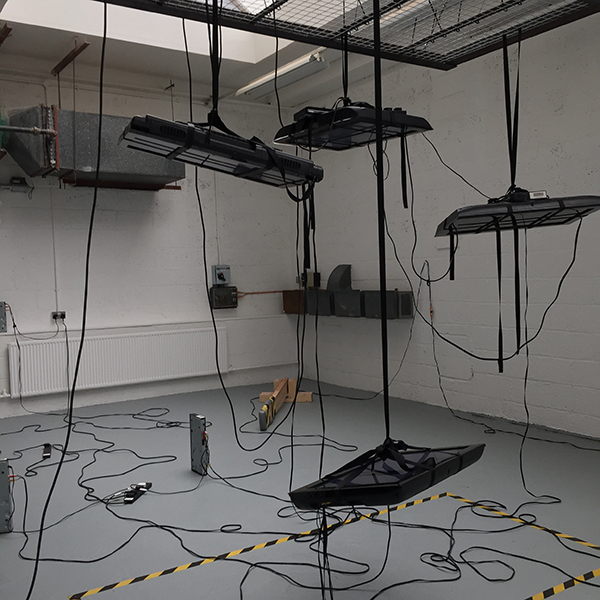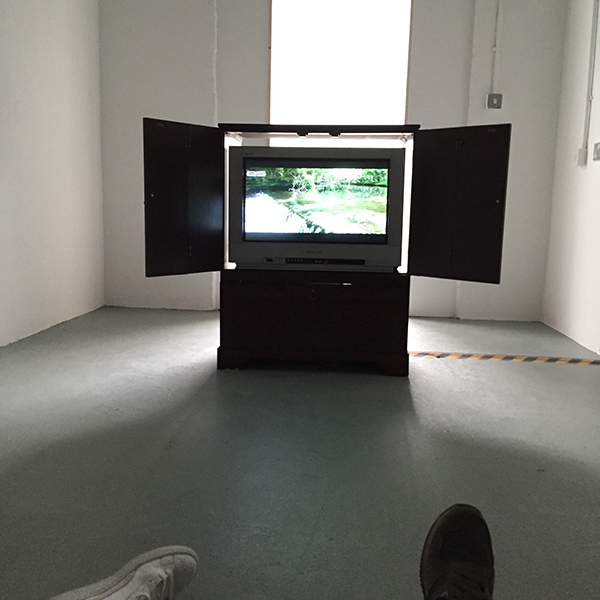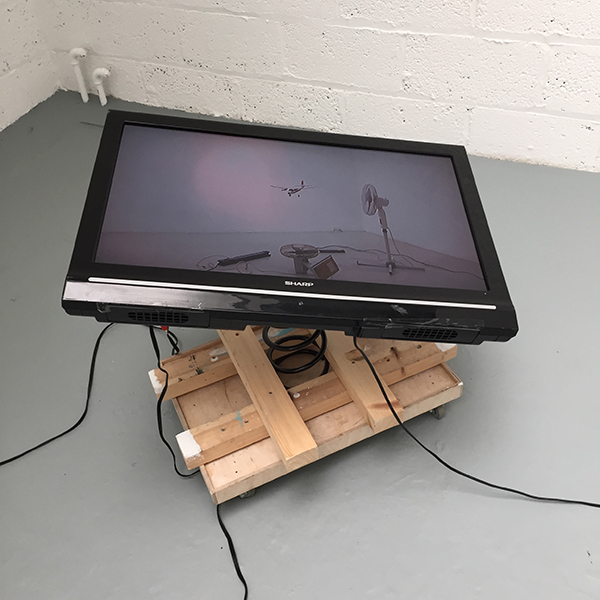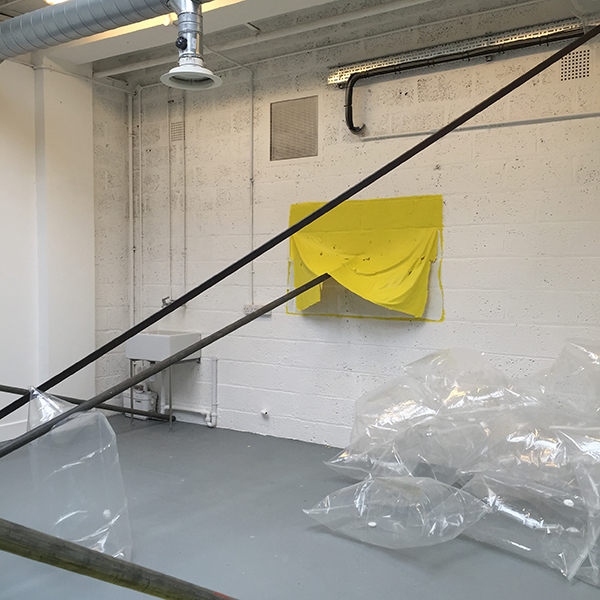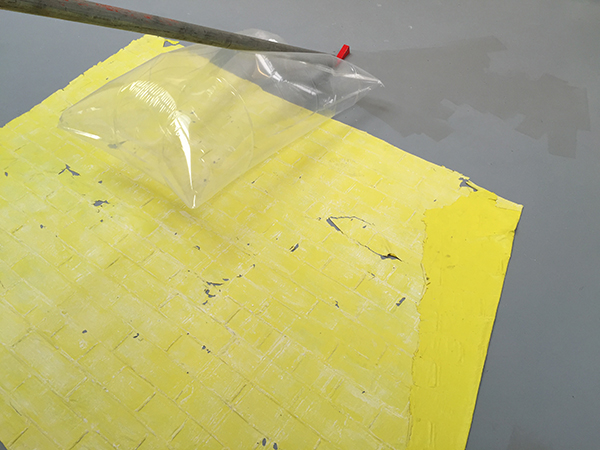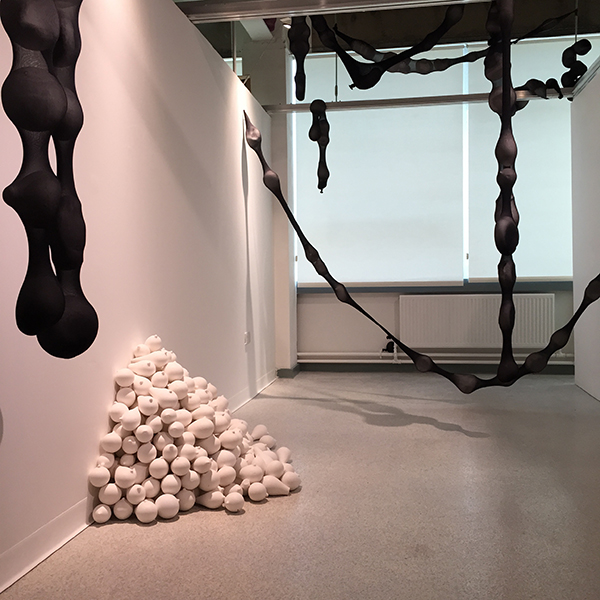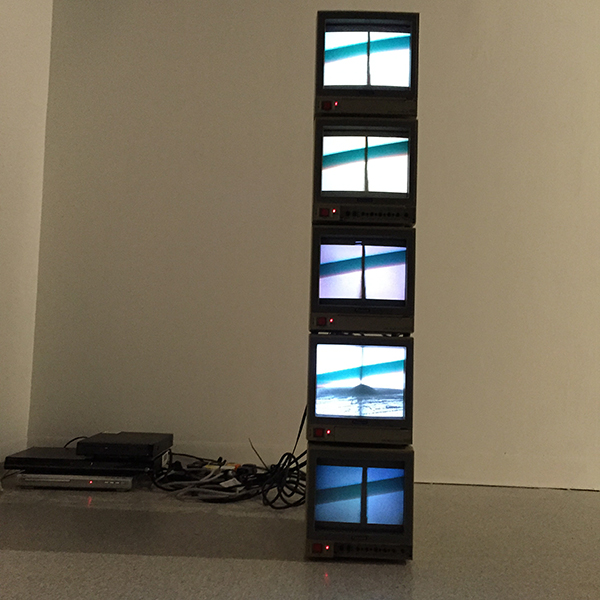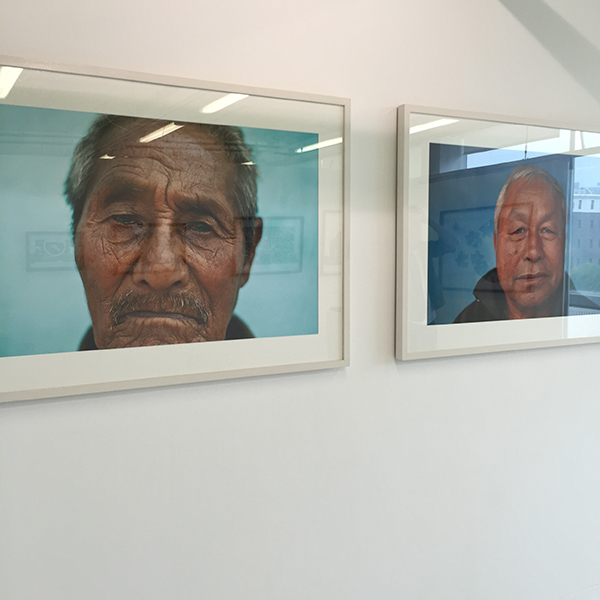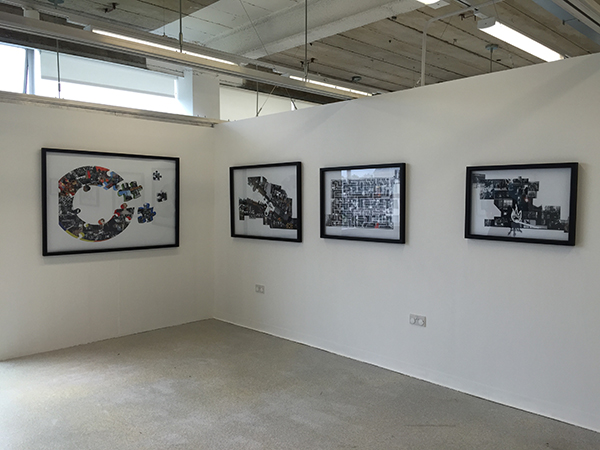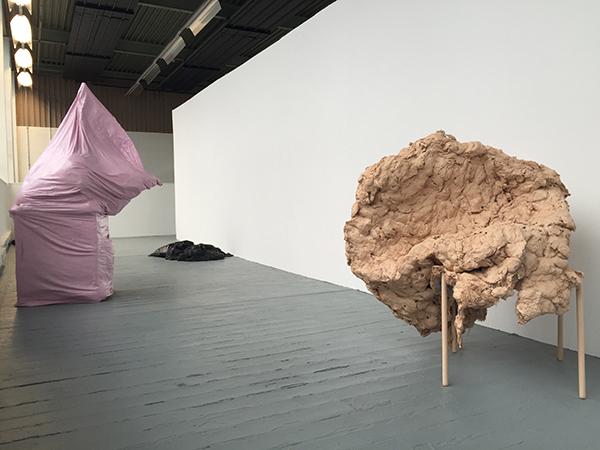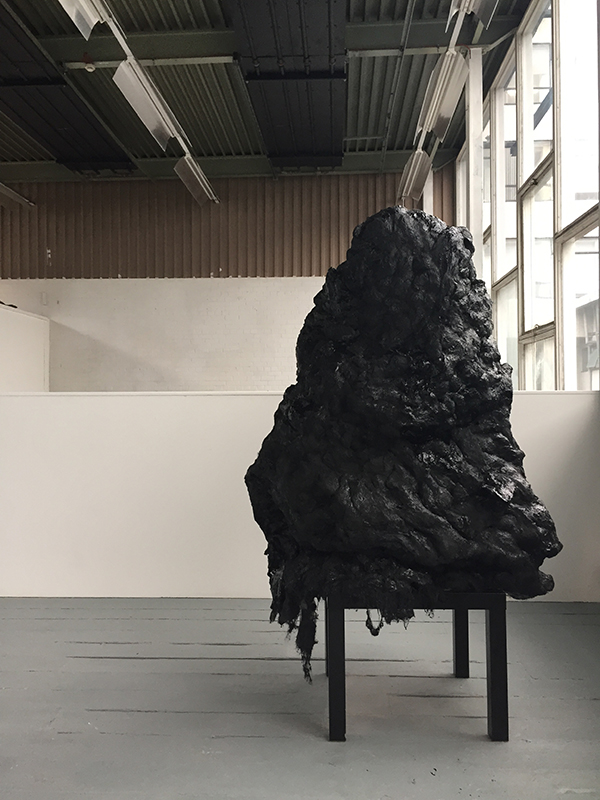-
Study
Study
Interested in studying at Northumbria? With 31,500 students, Northumbria is one of the largest universities in the country, offering courses on either a full-time, part-time or distance learning basis.
Discover more-
Undergraduate
- Undergraduate Study Degree
- Undergraduate Open Day & Events
- Application Guides
- Northumbria University UCAS Exhibitions
- Foundation Years
- Undergraduate Fees & Funding
- School & College Outreach
- Continuing Professional Development
-
Postgraduate
- Postgraduate Study Degree
- Postgraduate Research Degrees
- Postgraduate Open Days and Events
- Postgraduate Fees & Funding
- Flexible Learning
- Thinking about a Masters?
- Continuing Professional Development
- Change Direction
-
Student Life
- The Hub - Student Blog
- Accommodation
- Life in Newcastle
- Support for Students
- Careers
- Information for Parents
- Students' Union
- Northumbria Sport
-
-
International
International
Northumbria’s global footprint touches every continent across the world, through our global partnerships across 17 institutions in 10 countries, to our 277,000 strong alumni community and 150 recruitment partners – we prepare our students for the challenges of tomorrow. Discover more about how to join Northumbria’s global family or our partnerships.
Discover more-
Applying to Northumbria
- European Union
- Our London Campus
- Northumbria Pathway
- International Events
- Entry Requirements
- Agent Network
-
Northumbria Language Centre
- Faculty Requirements
- Acceptable English Requirements
- Pre-Sessional English and Study Skills
- Academic Language Skills Programmes (ALS)
-
International Fees, Funding & Scholarships
- International Undergraduate Fees
- International Undergraduate Funding
- International Masters Fees
- International Masters Funding
- International Postgraduate Research Fees
- International Postgraduate Research Funding
- International Money Matters
-
Life at Northumbria
- International student support
- The Hub - Student Blog
- Careers
-
International Mobility
- Current Northumbria Students
- Incoming Exchange Students
-
-
Business
Business
The world is changing faster than ever before. The future is there to be won by organisations who find ways to turn today's possibilities into tomorrows competitive edge. In a connected world, collaboration can be the key to success.
Discover more -
Research
Research
Northumbria is a research-rich, business-focused, professional university with a global reputation for academic quality. We conduct ground-breaking research that is responsive to the science & technology, health & well being, economic and social and arts & cultural needs for the communities
Discover more -
About Us
-
About Northumbria
- Our Strategy
- Our Staff
- Our Partners
- Student Profiles
- Alumni Profiles
- Leadership & Governance
- Academic Departments
- University Services
- History of Northumbria
- Contact us
- Online Shop
-
-
Alumni
Alumni
Northumbria University is renowned for the calibre of its business-ready graduates. Our alumni network has over 236,000 graduates based in 178 countries worldwide in a range of sectors, our alumni are making a real impact on the world.
Discover more - Work For Us
What will I learn on this module?
You will learn about key artistic practices, histories, theoretical concepts, themes and methodologies that have contemporary significance in terms of artistic activity. You will be introduced to different contexts in which art is produced, understood and disseminated, and to historical, theoretical and social discourses in which art has been situated and contextualised. You will develop an appreciation of the forms and diversity of historic and contemporary art practice and the ability to reflect critically on historical and contemporary art practices. The module will help you to develop competence in skills enabling you to undertake critical visual analysis, independent research and present findings through the medium of discursive writing. You will be exposed to a series of topics which are aimed to aid you in identifying a theme or issue of historical, theoretical or critical significance, and survey and assess available material on this theme or issue. This critical approach to the history and theory of art will inform and support studio activity at level 4 and further exploratory research and practice at level 5.
Lectures will explore major historical, theoretical and critical themes influencing the production and reception of art practice in the twentieth and twenty-first centuries. Topics covered in the lectures may include:
- Concepts and context of the avant-garde
- Semiotics
- Psychoanalysis
- Surrealism
- Feminism
- Marxism
- Popular culture as art practice
- Art and technologies (including film and video, the Internet and video gaming)
- Photography and the image
- Art and the environment
- Art and the body
How will I learn on this module?
You will learn on this module via a series of lectures that are designed to give you a critical overview of key themes, concepts and debates in relevant areas of the history and theory of art and culture that feed into contemporary art practices, which will be supported by seminars in which your active participation is encouraged. The seminars will aid in your development of key communicative skills, the practice of visual analysis and argument. They also provide an important opportunity to test out your ideas and raise lines of inquiry in a comfortable environment which offers the opportunity for formative feedback.
This approach will help you to develop an aptitude for intellectual enquiry, critical reflection and creativity through a range of contexts, individual and peer, in both oral and written forms. You are encouraged to explore material of particular interest to you and your studio practice whilst also being able to develop a broader picture of art history and theory. Time management is regarded as an important professional skill and you are expected to organise your research for assignments in an appropriate manner. You will be expected to undertake a sufficient amount of independent work in preparation for the assessments for this module and seek support from your tutors where necessary.
How will I be supported academically on this module?
Academic support beyond the seminars may be provided through individual and group tutorials as required and appropriate, and extensive use of the eLearning Portal. The eLP will provide you with the module guide, course documentation, teaching materials, and detailed assignment briefs and tutorial videos where appropriate. Assessments will be clearly defined and discussed in class with you, and examples provided where possible. In relation to your self-directed study, you will be expected to identify examples and case studies to work with that are relevant to you individually and utilise skills and concepts learned from other modules. Nevertheless, you will be clearly guided in the appropriate parameters and methodologies of this self-directed research either through seminars focused on the requisite research skills or by the provision of check lists of learning goals. You will be encouraged to discuss your chosen examples in seminar sessions to identify appropriate methods of analysis. Formative assessment is therefore ongoing throughout the module, and summative assignments will receive written feedback within 20 working days of assignment submission.
What will I be expected to read on this module?
All modules at Northumbria include a range of reading materials that students are expected to engage with. The reading list for this module can be found at: http://readinglists.northumbria.ac.uk
(Reading List service online guide for academic staff this containing contact details for the Reading List team – http://library.northumbria.ac.uk/readinglists)
What will I be expected to achieve?
Knowledge & Understanding:
1. Demonstrate a critical appreciation of the forms and diversity of historic and contemporary art practice.
2. Demonstrate an evolving understanding of creative research processes and their application in progressing written and practical outputs.
Intellectual / Professional skills & abilities:
3. Demonstrate intellectual enquiry, critical reflection and creativity through a range of contexts, individual and peer, in visual, oral and written forms.
4. Demonstrate the ability to independently and collectively generate creative research, identifying and evaluating information from a range of relevant historic and contemporary art sources and scholarship.
Personal Values Attributes (Global / Cultural awareness, Ethics, Curiosity) (PVA):
5. Evidence good practice through safe and ethical working methodologies led by curiosity and a desire to learn
How will I be assessed?
There are three summative elements to the assessment for this module. You will undertake a short (500 word) analysis of a known artwork with reference to one scholarly article taken from the Northumbria library search engine, one book (or ebook) from the university library (or equivalent) and one additional source appropriate to academic enquiry. This will help you develop visual analysis skills and research skills including the ability to critically review and assess sources.
This will be followed at the end of the semester by an Essay (1500 words), responding to set questions relevant to the lecture series, designed to facilitate understanding of the historical and theoretical context of contemporary art practice. These topics are prepared by the module tutors to help you to develop a transferable understanding of academic writing and critically respond to the lecture and seminar programme.
These first two assignments will help you develop the communicative skills for formulating written assignments at level 5.
The third assignment will be a short test, reviewing the classroom materials. This will help you to develop your own effective note-taking skills, as well as help you measure and adapt your engagement with the materials for level 5.
Pre-requisite(s)
none
Co-requisite(s)
none
Module abstract
You will experience a range of historical and contemporary ideas, practices and debates relevant to contemporary art. You will learn about why artists do what they do and different ways in which their activities have been understood and evaluated. You will be able to see your own studio practice in relation to different historical and theoretical moments, and begin to articulate a broader context surrounding your studio practice. You will explore critical contexts through which practices might be evaluated, unpacked or otherwise contextualised, including some of the key 20th Century debates on culture, identity and meaning. You will learn through participation in weekly lectures supported by seminars that will help to develop your study skills appropriate to level 4. You will be assessed by three assignments: an artwork analysis (500 words), an essay (1500 words) and a test covering the taught classes.
Course info
UCAS Code W100
Credits 20
Level of Study Undergraduate
Mode of Study 3 years full-time or 4 years with a placement (sandwich)/study abroad
Department Arts
Location City Campus, Northumbria University
City Newcastle
All information is accurate at the time of sharing.
Full time Courses are primarily delivered via on-campus face to face learning but could include elements of online learning. Most courses run as planned and as promoted on our website and via our marketing materials, but if there are any substantial changes (as determined by the Competition and Markets Authority) to a course or there is the potential that course may be withdrawn, we will notify all affected applicants as soon as possible with advice and guidance regarding their options. It is also important to be aware that optional modules listed on course pages may be subject to change depending on uptake numbers each year.
Contact time is subject to increase or decrease in line with possible restrictions imposed by the government or the University in the interest of maintaining the health and safety and wellbeing of students, staff, and visitors if this is deemed necessary in future.
Your Learning Experience
Find out about our distinctive approach at
www.northumbria.ac.uk/exp
Admissions Terms and Conditions
northumbria.ac.uk/terms
Fees and Funding
northumbria.ac.uk/fees
Admissions Policy
northumbria.ac.uk/adpolicy
Admissions Complaints Policy
northumbria.ac.uk/complaints


